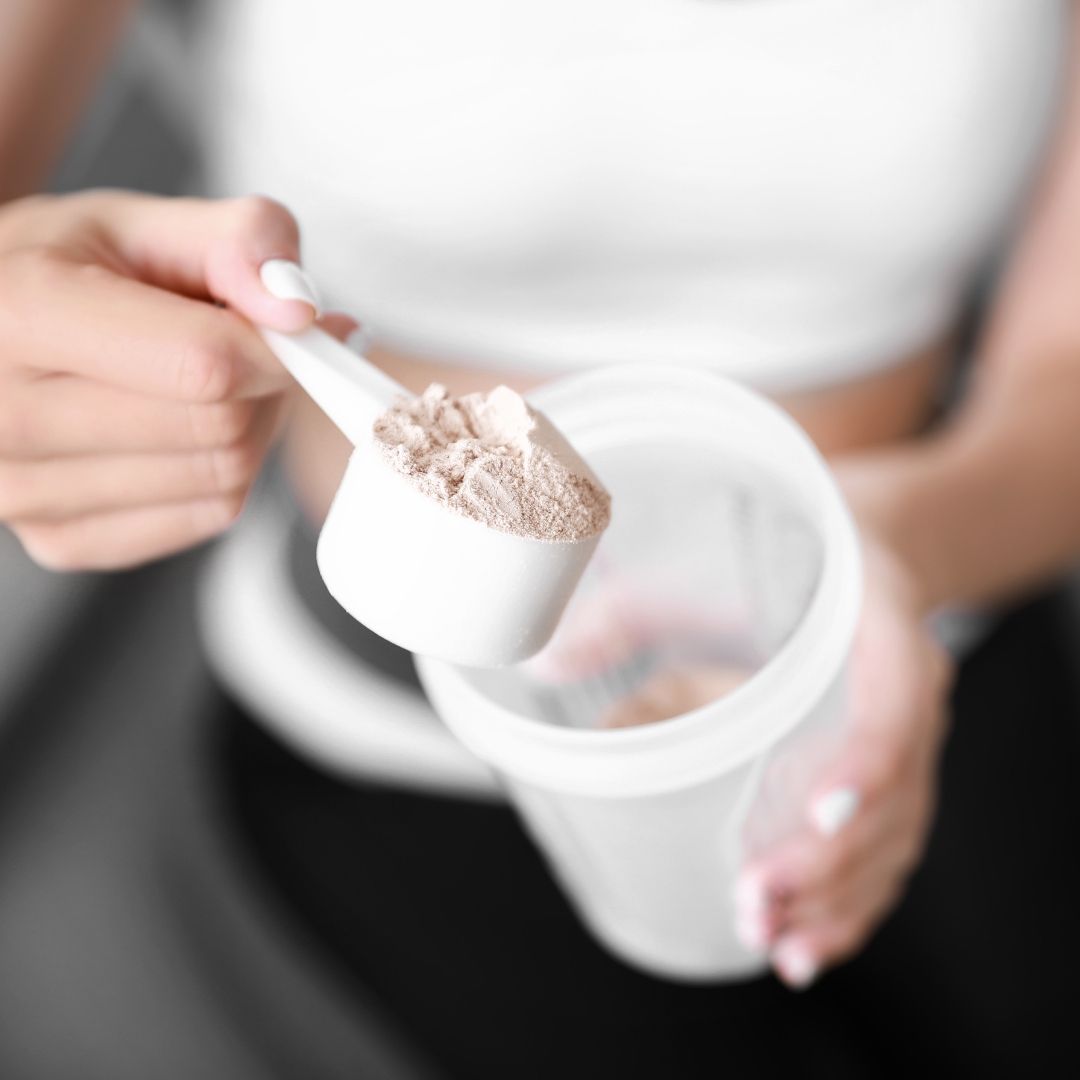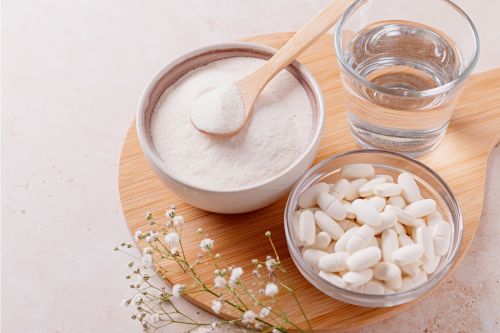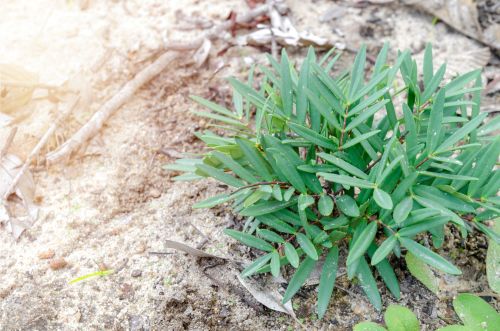5 Min Read
How To Choose The Best Protein Powder (The Ultimate Guide)

Choosing a protein powder can be quite tricky and overwhelming with the many sources, types and flavours that are out on the market. Protein powders are an easy and convenient way to get some extra protein into your diet when whole foods are not meeting your requirements. Altogether, there are 20 amino acids that can make up a protein source. 9 of these amino acids are ‘essential’, in that it cannot be produced by our bodies and must be ingested through our diet. Proteins are generally classified as complete or incomplete sources. A complete protein contains all 9 essential amino acids, which are mostly of animal origin. Incomplete proteins are mostly plant derived and contain some but not all of the essential amino acids. The guide below is to help you understand the different sources and types of protein powders that exist and what to look out for when choosing one!
Do you need protein powder?
Requirements for daily protein intake ranges from 0.8g-1.5g per kg of body weight. The best way to get protein is through your diet (lean meats, lentils, tofu, nuts and seeds). However, if you feel that you are not meeting your daily protein requirements through your meals, a protein powder may be the best way to make up for the difference. Keep in mind that a more active person would have higher protein requirements due to the high rate of protein turnover.
What to look for when choosing a protein powder?
Avoid protein powders that have artificial flavours, colours and sweeteners. Aim for natural sweeteners vs. the artificial ones (sucralose and high fructose corn syrup). The front label is merely for marketing, focus on reading the back label with all the nutrition facts. Ensure that it is a complete source of protein with all 9 essential amino acids (Tryptophan, Valine, Threonine, Histidine, Lysine, Isoleucine, Leucine, Phenylalanine). If the protein powder is not a complete source, aim to compound it with other sources. Assess the macronutrient breakdown (Fat, carb, Protein). Opt for something that has about 120-140 calories per scoop and is low in sugar (0-1g per scoop). Protein content should be about 20-25 grams per scoop.
What Are The Different Protein Powder Forms?
Protein powders can come in the form of an isolate, hydrolysate and concentrate. These terms simply describe how they are purified in the manufacturing process.
Isolate Protein
Isolated amino acids with little fat and fibre. Isolates are less allergenic and are digested slowly. Lactose, fat and carbohydrate are filtered out, thus increasing the protein content. Isolate is best for individuals who want the cleanest, purest form of protein looking to build muscle and not bulk.
Hydrolysate Protein
These proteins are soaked in water and are digested more rapidly as the bonds holding the amino acids together have been broken. Hydrolysates maximize nutrient delivery into muscles and are great for repair after an intense workout.
Concentrate Protein
Concentrates have undergone less processing compared to isolates and are higher in protein content. Concentrates are generally 80% protein and 20% fat, alongside lactose and other minerals.

Animal-Based Sources of Protein
When it comes to animal sources, you really want to pick the hormone-free, antibiotic-free and organic protein.
Whey Protein
Made from cow’s milk. Whey is great for a complete protein source. It contains low lactose levels, has quick absorption and is ideal for post workout muscle repair. If you are vegan or avoiding dairy, whey is not for you. Since whey is fast acting and short-lived, it is best used directly after workouts.
Casein Protein
Also made from cow’s milk. Casein is digested slowly, so it is ideal for long lasting protein absorption. Best to take before bed, as it provides muscles with a steady stream of amino acids. Not ideal for post-workout repair because it is digested slowly.
Collagen
Collagen is made from animal-sourced connective tissue and bones. It is great for hair, nails, skin and joints. Hydrolyzed collagen is best absorbed. This is also a good source for vegetarians.
Plant-Based Sources of Protein
Plant-based proteins have a higher fibre content and a lower fat content conferring some benefits over animal-based sources. As well, if you suffer from inflammatory-related conditions like joint pain or swelling pick a non-animal sourced protein. Plant-based proteins have more minerals and antioxidants that can help buffer against inflammation.
Soy Protein
Is isolated from soybeans. It is one of the only vegetarian sources that is considered a complete protein. It is also ideal for vegans. Soy is mass-produced, so there is a high potential for it to be genetically modified. Choose a soy protein that is GMO-free and grown organically. Be cautious with soy protein when hormonal imbalances are an issue.
Pea Protein
Is sourced from yellow split peas. Pea protein is easily digested and great for people who want to avoid the phytoestrogens in soy and for allergy-prone individuals. It is not a complete protein so it must be combined with other sources.
Rice protein
Is made from brown rice. Similar to pea protein it is allergy friendly and easily digested. It also is high in fibre, B vitamins and useful for individuals on the elimination diet. It is not a complete source on its own, but often can be combined with pea protein.
Hemp protein
Hemp protein is isolated from hemp seeds. It is easily digested and allergy friendly. It also contains some essential fatty acids (Omega-3 and alpha-linoleic acid), fibre, B vitamins and iron. On the downside, it is not a complete source and can have a gritty texture.
Ultimately you really want to watch for protein powders that contain unnecessary ingredients like sugar and flavorings. Focus on reading the nutrition labels at the back of a bottle vs. the front. Both animals sourced and plant-sourced protein has their advantages, so it's important to decide which one is best suited to your needs.
Written By: Dr. Saira Kassam, ND | 2018
**Disclaimer**
The advice in this article is for informational purposes only. It does not replace the care of a Naturopathic physician.



